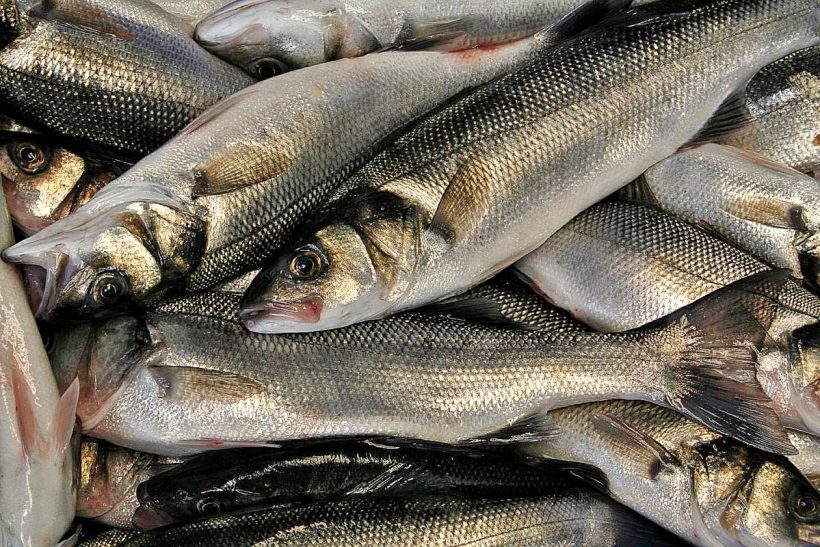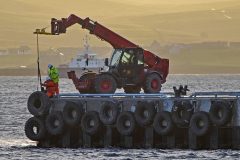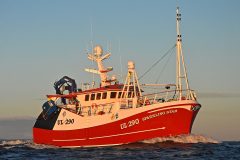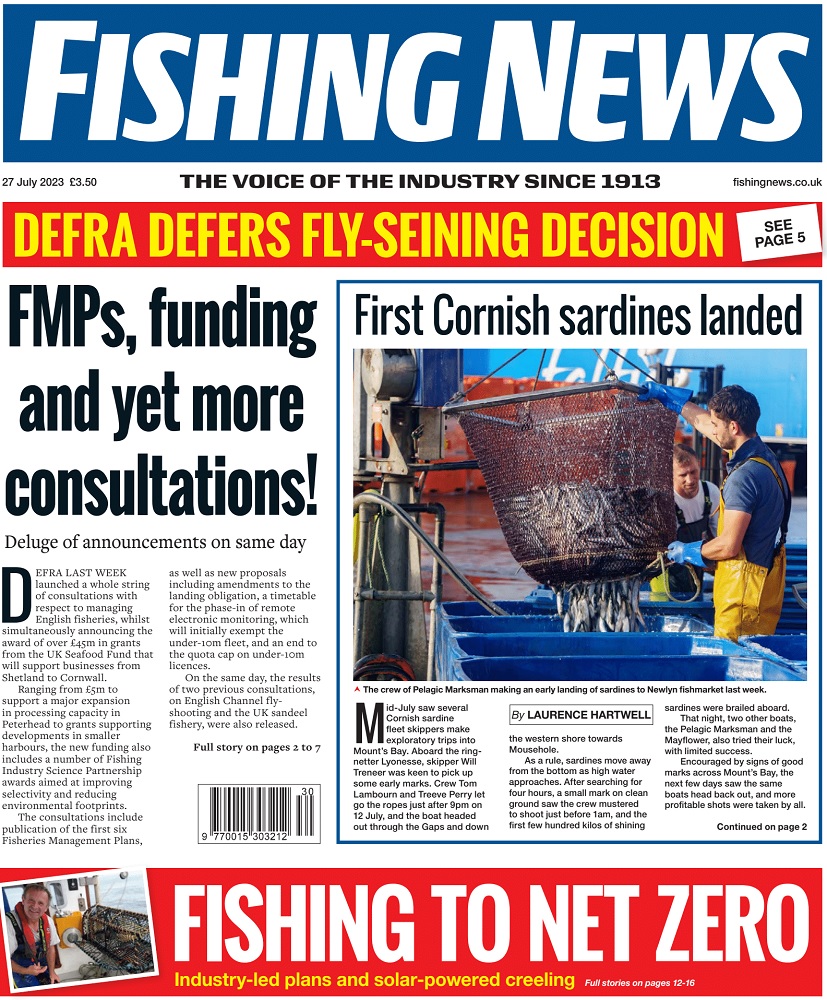Fisheries management in Australia may have relevance for the UK as it begins the process of establishing a new fisheries management regime in its EEZ to replace the CFP, reports Tim Oliver.
Australia has a federal system of government to cover its different regions, with no single fisheries law and complex cross-jurisdictional arrangements.
In some respects, this is a similar situation to that in Britain, with its devolved administrations that have some element of devolved responsibility for managing fisheries in their own regions. Australia has 50 commercial fisheries, with major fisheries highly regulated by ITQs and some multi-species fisheries. Management is eco-system based, and there is also a significant recreational sector.
An Australian fisheries expert has suggested that a system that might work for the UK would be something similar to the Australian system, where a single authority within a devolved system for management of stocks takes responsibility for given stocks to drive accountability.
George Kailis, professor of management and law at the University of Notre Dame, and a former managing director of one of Australia’s largest fishing and aquaculture businesses, the MG Kailis group, said: “It is common for fisheries to operate across the State and Commonwealth boundaries at three nautical miles and, in most cases, this has been resolved through offshore constitutional settlements (OCS), with authority for management of the fishery shifted to one of the jurisdictions. As a result, Australian seafood is managed under a range of different fisheries legislative policies and approaches.”
He said many jointly-managed fisheries under OCS arrangements have ended up in single management.
He suggested that the UK devolved authorities could agree upon each of the administrations taking responsibility for the management of specific stocks throughout the country’s waters – Scotland, for example, could take responsibility for managing cod stocks.
Mr Kailis was speaking at an international conference at Fishmongers’ Hall, London, in November on ‘Best Practice in World Fisheries’. Attended by an invited audience of 140 people from fishing, government and environmental groups, the conference was organised jointly by Fishmongers’ Hall and the Blue Marine Foundation, through a committee that included key figures from all sectors of the fishing industry and from environmental groups.
The aim of the conference, as Brexit approaches, was to look at four of the most successful fisheries management regimes in the world and to understand how they work, with the hope that they may provide ideas and guidance to the UK as it sets up its post-Brexit management regime.
Introducing the day, Nigel Bankes, prime warden of the Fishmongers’ Company, said that Britain had a once-in-a-generation opportunity to write a new Fisheries Law after Brexit, and the day was an opportunity to see what did and did not work. The company, he said, prided itself on its impartiality and had no view on Brexit other than an interest in good outcomes based on rigorous thinking.
Dr Ian Boyd, chief scientist at DEFRA, said Michael Gove, the Environment Secretary, who could not be present, was ‘very informed and very interested’ and would read the report on the day’s events ‘avidly, and take lessons from it’.
Leading fisheries management figures from Norway, New Zealand and the US also addressed the conference.
USA
From the USA, Margaret Spring served at the US National Oceanic and Atmospheric Administration from 2009 to 2013. She invited Britain to learn from the US experience, including the collapse of the NE groundfish fishery of the 1990s, the remarkable 2014 turnaround of the severely depleted west coast groundfish fishery using models pioneered in Alaska, and how coordinated state-federal management succeeded for Atlantic striped bass.
New Zealand
Geoff Tingley was a principal scientist at the New Zealand Ministry of Fisheries from 2011 to 2014, and now has his own consulting company. He brought out the differences between Britain and New Zealand, where in the latter the industry has a major involvement in scientific research, which means fishermen buying into scientific advice. He also discussed New Zealand’s ITQ system and its potential relevance to the UK.
Norway
Peter Gullestad was director general at the Norwegian Directorate of Fisheries from 1996 until 2008, and is still attached to the directorate. Ecological sustainability has gradually become the top priority over the past 40 years, while profitability without subsidies is number two.
The Norwegian experience has been shaped by the crash of herring in 1970 and cod in 1990. Today, Norway’s marine resources and biodiversity acts are harmonised and no longer in conflict.
More on the conference shortly in Fishing News.






